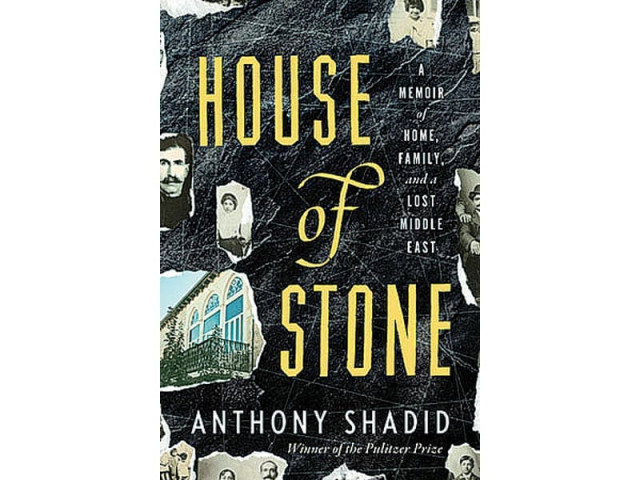Book review: House of Stone - the house Shadid built
Shadid’s description not just strength of determination of his family, also testament to resilience of human spirit.

“There is nothing war cannot crumble in a heartbeat,” writes Shadid, who had been reporting from Syria when he passed away on February 16 this year, after an asthma attack.
House of Stone is a moving and, at times, hilarious tale of how Shadid manages to save his great grandfather’s house from near-ruin. Recovering from divorce, Shadid seeks to rebuild this house — dealing with construction workers who refuse to show up on time, while living in a town that displays battle-scars of missile assaults by Israel — so that his daughter may one day call it home.
His story reminds us of where we come from, our homesickness when we move away, and our quest to find someplace to call home, while remaining conflicted between identities and cities, religions and professions.
This is not just his story though — it is a tale of the history of the Shadids and the Samaras, his parents’ families, their struggles in present-day Lebanon and how they moved to the United States over the years to escape the war and build a new life. Shadid’s description of the journey of his family from Marjayoun to Oklohoma is one that evokes not just the strength of determination of his family, but is also a testament to the resilience of the human spirit.
Shadid, a brilliant war correspondent, also highlights his experiences in covering conflicts in the region. In this era of fast-paced reporting, deadlines, and breaking news, journalists often forget what they are meant to cover in the first place. Shadid writes, “Our tendency is to consider the resolution of the battle of the war or the conflict, not to take in the tragedies that outlast even the most final sort of conclusion. We never find out, or think to ask, whether the village is rebuilt, or what becomes of the dazed woman who, after one strange, endlessly extended moment, is no longer the mother of children.”
Published in The Express Tribune, Sunday Magazine, April 1st, 2012.



















COMMENTS
Comments are moderated and generally will be posted if they are on-topic and not abusive.
For more information, please see our Comments FAQ